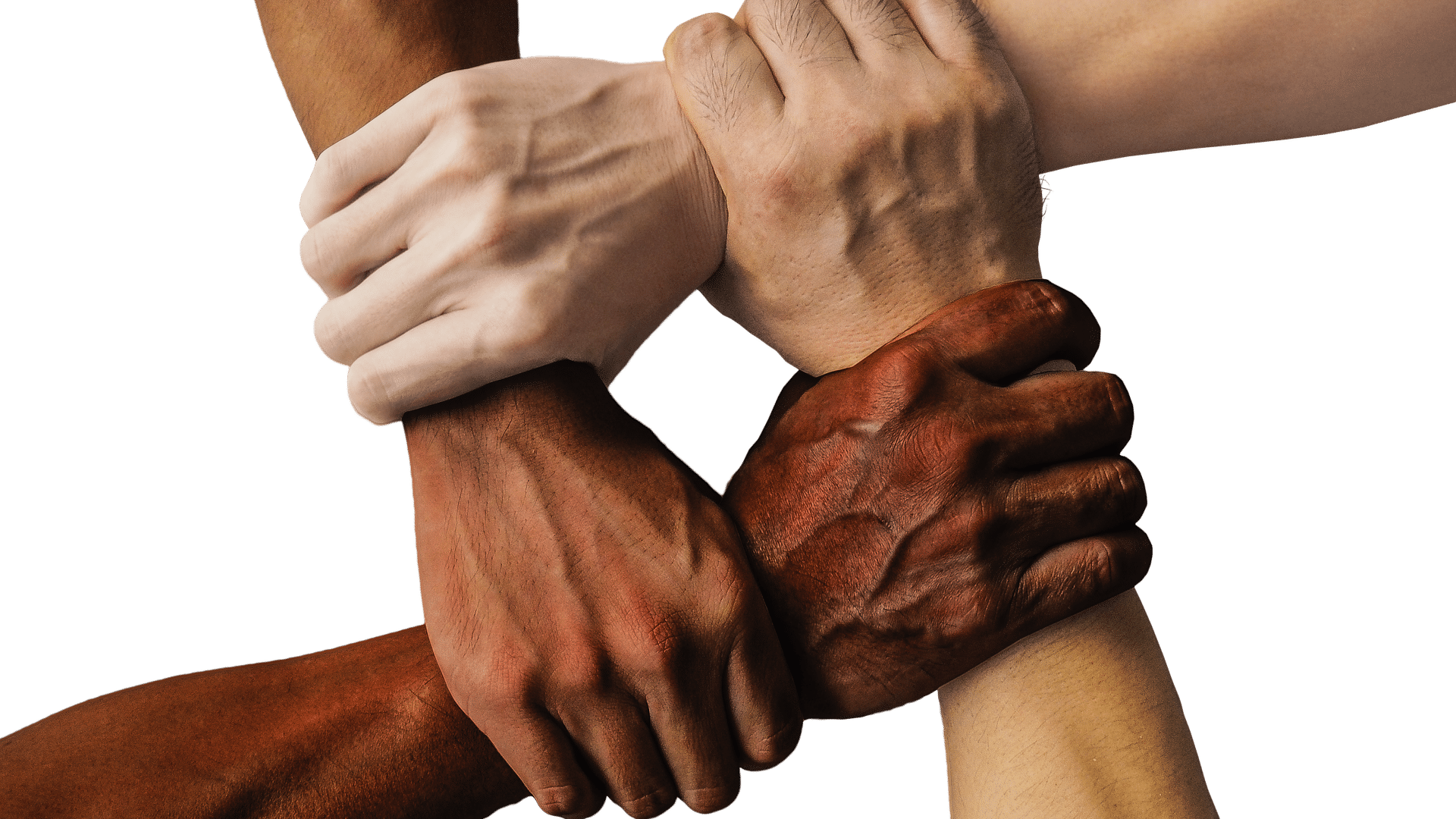We used to help build each other’s barns. When a family was in need of help the community would come together for a good ol’ fashioned barn raising.
The church basement once was the main home of community social services. The doors would be open wide to host soup kitchens or a shelter when our neighbours were in need of warmth in their bellies and their spirits.
To be clear, these first few sentences are less a critique of those doing important work in faith/service-based organizations. Rather, it’s a social lamentation that as an elected official I’m looking to resolve.
Governments are sucking the life out of community and replacing it with an ever-growing network of loosely connected policy, agencies, ministries and processes. Government has weened citizens from a culture of community self-reliance. Instead we are driven by a philosophy that “government knows best” and only they can provide these services to the public. The problem is that, increasingly, government can’t afford to do all the work on its own. When these “systems” break down the fingers are pointing in every other direction. As a result, there are hundreds, thousands, of non-profit organizations desperately trying to fill in the gaps.
As politicians feverishly work to consolidate power and authority into fewer offices and build structures that reinforce that, all of those communities that used to be able to support themselves increasingly look to government to fuel them.
Perhaps a key problem is scale. Back in the barn-raisin’ days, communities were small and life was simple. We can’t possibly build complex concrete cities by volunteer power. True. However, we do have to address the growing demands of an expectant public. It’s one of the hazards of building a society on the premise of government always saying “trust us, we got this!”
Growing expectations
It’s the politics of power. Politicians want all things to flow to them yet we are loathe to say to our voting constituency that the problem is your level of expectations that we have created!
We politicians should also be looking for ways to empower communities, to share decision-making and responsibility, so that they are not having to come begging to the provincial government to stop logging or mining their watersheds, for example.
I believe that success in this century will depend on our willingness to trust each other and share the load. We should raise the barn together. Lao Tzu taught us thousands of years ago that the best leaders were the ones who were barely seen and the people said, “Look what we did for ourselves!”


Both technologies and policies can be built with the goal of establishing a ‘me to we’ flow. A valuation of community and communication that connects us in heartfulness and inclusion. Celebrating differences with welcome rather than fear presupposes that we need each other, that we need everyone working together. Honoring the beauty of being human. Honoring the beauty of being just one part of the whole.
Thank you Adam for pointing ot a design issue of the government doing what is the natural order of cooperation; which is just as prevalent in nature as individualistic survival of the fittest. The latter has wrongly been elevated to direct disdain for those that can’t do it alone. Now we see that survival and thriving has a community focus.
community builds compassion, compassion builds community.
We need each other.